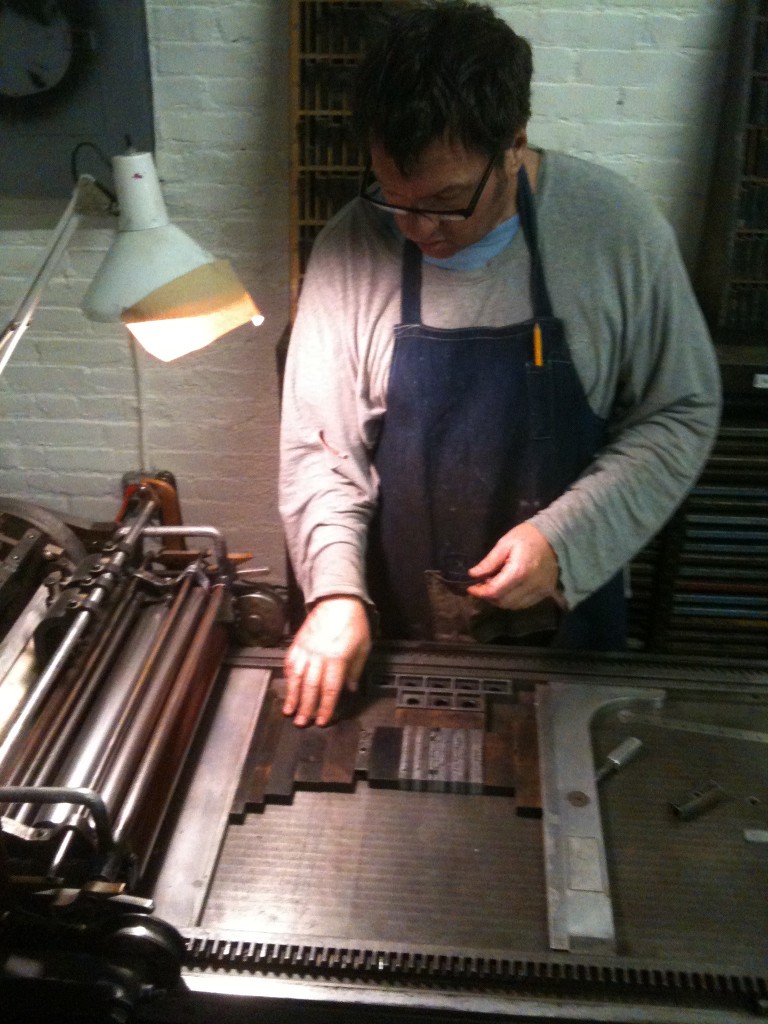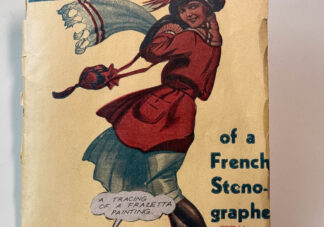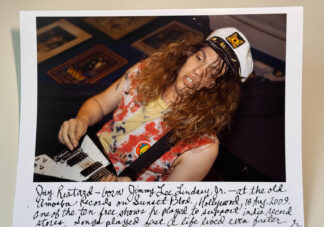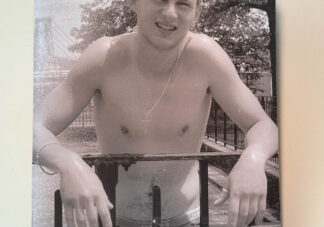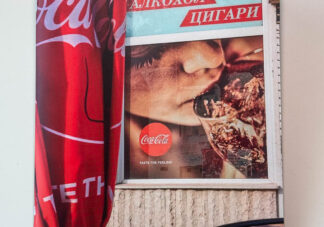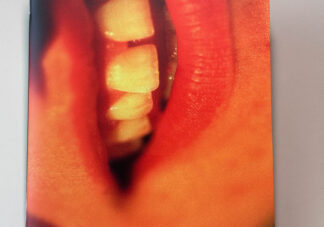the synaesthesia press published an essay on the state of American Poetry according to Mr. Charles Bukowski. It appeared in synaesthesia press chap book #2, 4 Poets. The chap book is long out of print.
Bukowski wrote the essay in 1964. It was discovered in an old notebook that’s in the special collections department at the University of Arizona’s library. It’s in one of those 39 cent spiral-bound notebooks you buy for school. There’s beer stains and doodles all over it, and most of the contents are random thoughts and the kind of rants you’d find in someone’s personal journal. And right in the middle is this great essay.
So without asking anyone’s permission, I published it.
John Martin didn’t like it. But he bought almost the entire run. Maybe he’s got some laying around, but I wouldn’t know.
Every once in a while a copy shows up on eBay, but I’m not the seller. Because I don’t have anymore left; besides, I promised Black Sparrow no more sales.
In the same notebook was the first draft — in Buk’s hand — of “The Day It Snowed in L.A.” It was published almost 20+ years later, and almost verbatim, as what sits in that notebook.
I found the cover illustration I took for my book in that notebook, too.
I can’t tell you how excited I was to hold that notebook in my hands. It was a special experience I don’t think I could ever relive, cause I’m 20 years older now, and those sorts of feelings have long left me.
There were 243 copies printed; in addition, I printed 11 special copies that had another essay called “The House of Horrors” tipped in. The 11 copies were printed using 11 variant covers, all different mock-ups I had in mind for the regular edition.
Oh — “The House of Horrors” was in that same notebook, too.


